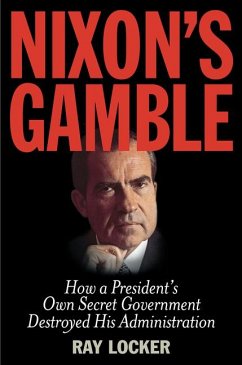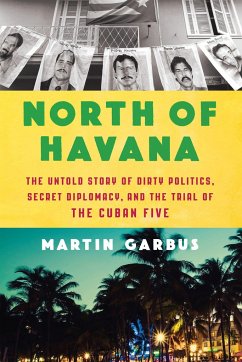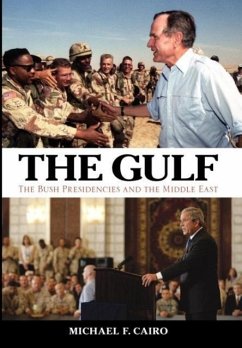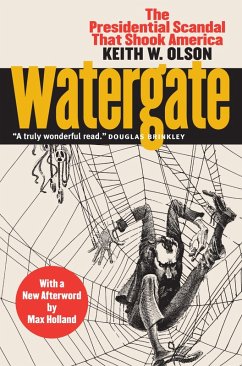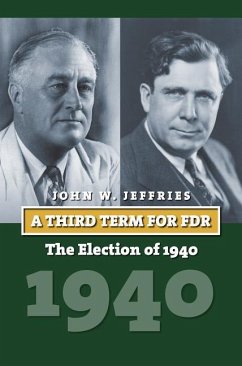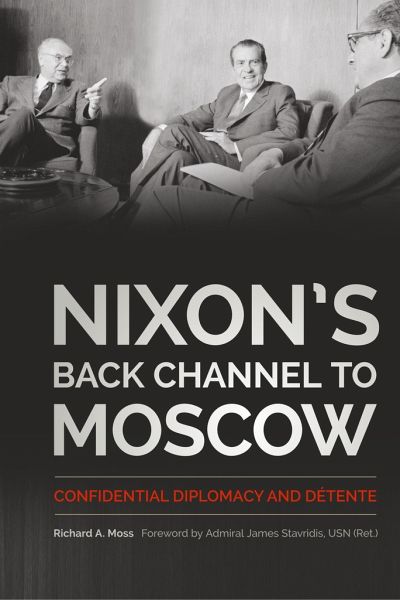
Nixon's Back Channel to Moscow
Confidential Diplomacy and Détente

PAYBACK Punkte
20 °P sammeln!
Most Americans consider détente--the reduction of tensions between the United States and the Soviet Union--to be among the Nixon administration's most significant foreign policy successes. The diplomatic back channel that national security advisor Henry Kissinger established with Soviet ambassador Anatoly Dobrynin became the most important method of achieving this thaw in the Cold War. Kissinger praised back channels for preventing leaks, streamlining communications, an




